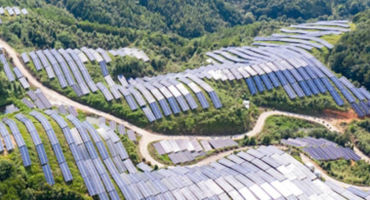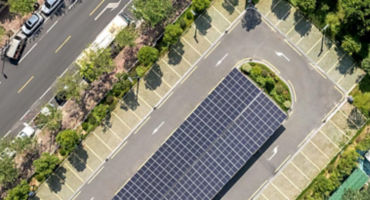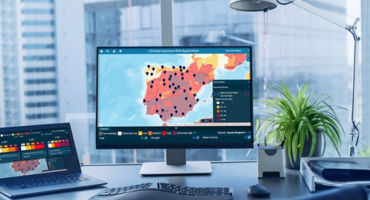- Portfolio Manager
Skip to main content
- Funds
- Insights
- Capabilities
- Sustainability
- About Us
- My Account
Our Funds
Formats
Asset class
Sustainable Investing
Stewardship Principles
Investment Solutions
Funds
Corporate Sustainability
Login To Your Account
Access your account summary, investment reports, or restricted marketing content
Need To Create An Account
To create an account please reach out to your relationship team.
Email:
alternatives@wellington.com
Phone:
- +1 617-951-5372 (Boston)
- +44-20-7126- 6025 (London)
- +852-2846-6000 (APAC)















